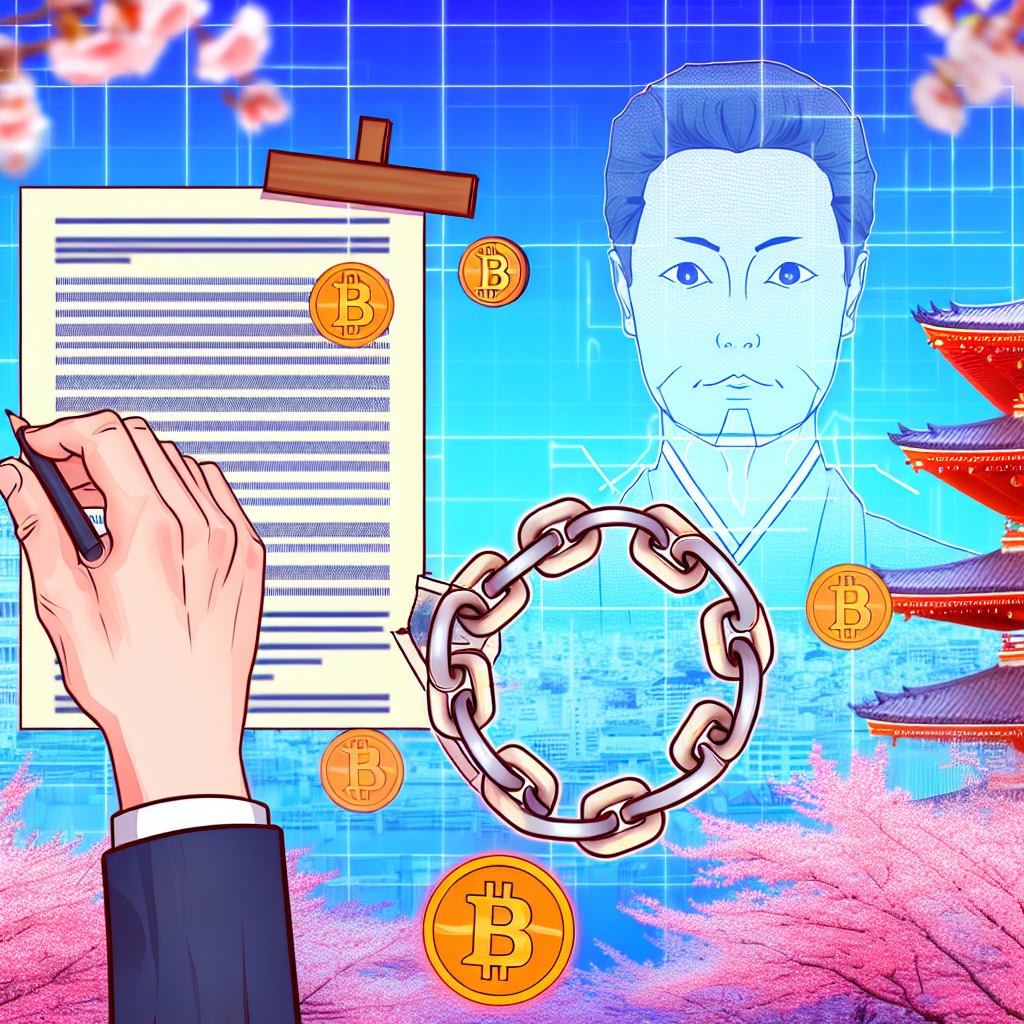Japan’s newly elected prime minister, Sanae Takaichi, might pave the way for more “refined” regulations to enhance the country’s cryptocurrency sector, positioning it as a potential global hub for crypto enterprises.
Takaichi was elected head of the Liberal Democratic Party (LDP) on Saturday and is set to become Japan’s first female prime minister on Oct. 15.
Experts indicate that her leadership could lead to a more open approach to technological experimentation, including blockchain innovation, while upholding Japan’s stringent regulatory standards.
Takaichi’s election may significantly influence the perception and management of digital assets in the country, according to Elisenda Fabrega, general counsel at tokenization platform Brickken.
In her previous public roles, Takaichi has advocated for “technological sovereignty,” emphasizing the “strategic development of digital infrastructure, including blockchain technology,” Fabrega told Cointelegraph. “Legally, this indicates that her administration may adopt a stance that is not only permissive but also proactive in advancing the digital economy.”
Fabrega further stated that Takaichi’s political stance could enhance “Japan’s commitment to legal certainty in the crypto realm” and rekindle interest in the nation as a crypto-friendly innovation hub.
Japan’s government recognizes blockchain as a “pillar of its digital transformation strategy,” stated Maarten Henskens, chief operating officer at Startale Group and head of Astar Foundation.
“A more relaxed monetary outlook under the new leadership could sustain liquidity and stimulate investor interest in alternative assets, including cryptocurrencies,” Henskens informed Cointelegraph.
“At Startale and Astar, we perceive this as a solid environment to further develop Japan’s Web3 ecosystem,” he added.
Related: Stimulus talk meets shutdown: What tariff-funded checks could mean for crypto
During the elections, Takaichi was the only candidate advocating for both a substantial spending package and a more relaxed monetary policy. Her stance has been positively received by voters confronting a depreciating Japanese yen.
Japan’s Nikkei index surged to a new record high of 47,734.04 on Monday, climbing 4.75% following her election.
Takaichi may “refine” existing token definitions, crypto regulatory frameworks
Experts predict Takaichi’s administration could enhance clarity around token classifications under Japan’s Financial Services Agency. The FSA currently differentiates between payment tokens, securities, and utility tokens, each subject to varying regulatory conditions.
Takaichi’s tenure will likely aim for the “refinement and expansion” of existing categories, especially concerning custody, tokenized financial products, and investor protection laws, according to Fabrega.
“We might witness the consolidation of supervisory mechanisms related to Anti-Money Laundering, the introduction of more stringent disclosure requirements for public offerings involving digital assets, and a more organized framework for the authorization of platforms engaged in token issuance or trading.”
Japan has embraced crypto regulations since Mt. Gox collapse
Japan has been evolving its crypto regulatory landscape since at least 2016, when the FSA revised the Payment Services Act (PSA) to establish a regulatory framework instituting initial registration requirements for cryptocurrency exchanges.
This was a response to the collapse of Mt. Gox, which highlighted critical regulatory deficiencies in the nation.
In April 2017, the new regulations came into effect, necessitating exchanges to register with the FSA and comply with Anti-Money Laundering and Know Your Customer guidelines.
In April 2018, crypto exchanges united to form the Japan Virtual Currency Exchange Association (JVCEA), prior to the FSA granting the JVCEA self-regulatory recognition in October 2018.
In June 2022, Japan’s parliament enacted new regulations allowing licensed financial entities to issue fiat-backed stablecoins, mandating full reserves in yen to back such stablecoins.
In April 2023, Japan’s LDP published a white paper outlining approaches for Web3 and blockchain integration, recommending modifications in tax policies and exchange-traded fund (ETF) approval processes.
In June, the FSA suggested reclassifying crypto assets as traditional finance products. Set to be implemented by 2026, this will expose cryptocurrencies to a novel tax structure.
Related: Aging boomers and global wealth seen boosting crypto until 2100
Japan’s changing regulations could render the country a more appealing destination for cryptocurrency enterprises.
Japan’s policy shift has already contributed to the nation doubling its crypto adoption in the year leading up to September, as per Chainalysis’ APAC policy lead, Chengyi Ong.
Japan experienced the most significant growth among the top five markets in the Asia-Pacific region, with on-chain value received increasing over 120% year-on-year during the 12 months ending in June 2025, according to Chainalysis’ 2025 Geography of Cryptocurrency Report.
Magazine: Hong Kong isn’t the loophole Chinese crypto firms think it is

